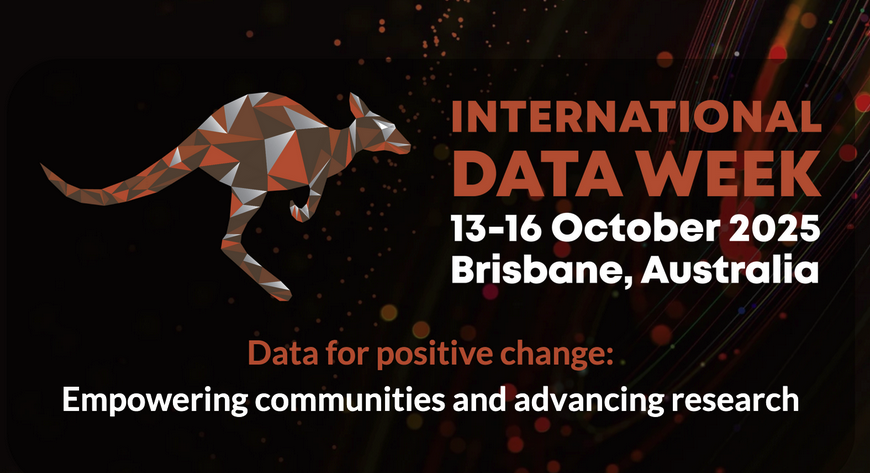Our partner, Chiara Altobelli from OGS (Istituto Nazionale di Oceanografia e di Geofisica Sperimentale -OGS), recently travelled to Brisbane, Australia, to participate in International Data Week (October 13–16, 2025).
On October 14, Chiara presented on the “Marine Knowledge Value Chain”, showcasing how the European Marine Observation and Data Network (EMODnet) underpins international efforts to tackle marine pollution.
Making Complex Data Accessible
For over 15 years, EMODnet—funded by the European Commission—has been Europe’s trusted source for marine in-situ data and derived products. Its single portal (emodnet.ec.europa.eu) provides access to seven key themes, from physics and biology to chemistry, making complex ocean information FAIR (Findable, Accessible, Interoperable, Reusable) for a wide range of users, including researchers, authorities, and companies.
EMODnet’s approach follows a value chain: data providers feed national aggregators, who harmonise the data, and ultimately deliver it to the user community in a standardised, accessible format.
Blue-Cloud 2026: Turning Data into Action
Chiara’s talk highlighted EMODnet Chemistry, the consortium responsible for pollutant, including marine litter, ocean acidification, and eutrophication data. This network of 66 organisations has harvested nearly 1.3 million metadata records from over 500 providers, forming a rich dataset ready for research and policy applications.
This is precisely the kind of data that Blue-Cloud 2026 leverages. Partners are combining EMODnet Chemistry data with information from Copernicus Marine Service and the World Ocean Database to develop a toolbox for creating customisable, validated datasets. These datasets focus on key ocean variables such as eutrophication and allow researchers to assess data consistency across sources, enabling smarter, evidence-based decisions.
A Global Impact
EMODnet data already supports organisations such as the European Environment Agency and regional sea conventions in implementing EU marine policies. Looking ahead, EMODnet and Copernicus Marine Service will form the data backbone of Europe’s digital twin of the ocean. Strengthening the marine knowledge value chain—from local to global levels—is essential to addressing the environmental challenges facing our oceans.
